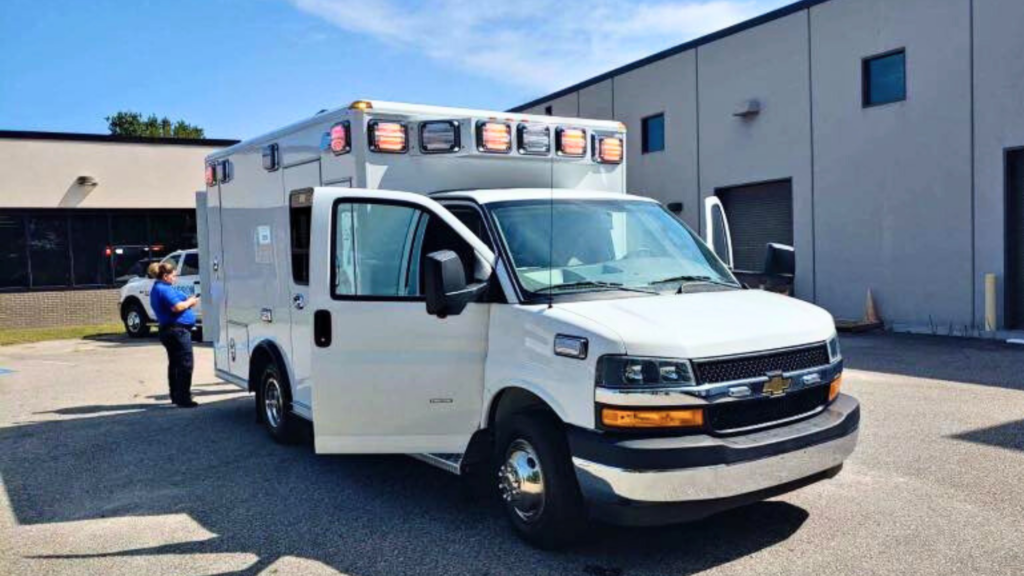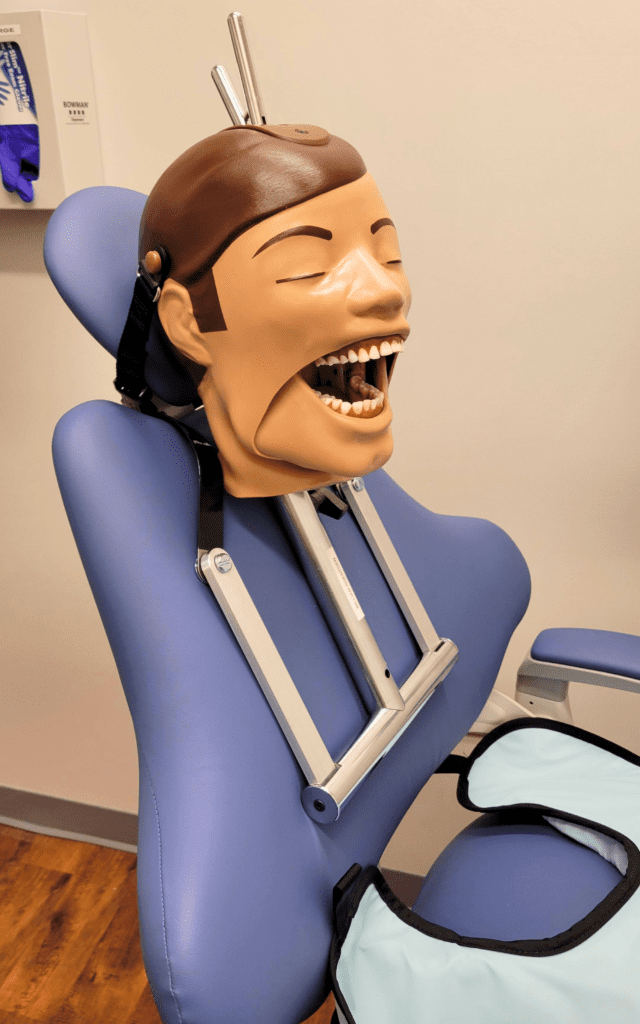North Carolina Community Colleges allocates $55 million to boost healthcare talent pipeline

Published: October 28, 2024
All 58 community colleges across North Carolina have been awarded grant funding as part of a $55 million initiative aimed at strengthening the state’s healthcare workforce pipeline. The funds, appropriated by the North Carolina General Assembly in 2023, will help launch new programs and expand existing ones in high-demand nursing and health-related fields.
This vital investment comes at a time when healthcare workforce shortages are being felt across the state, particularly in rural and underserved areas.
“Grant funding empowers community colleges to directly meet their local healthcare industry’s evolving needs. By providing funding for faculty, state-of-the-art equipment, and program development, these grants ensure that healthcare programs align with workforce demands, producing graduates who are ready to fill critical roles,” said Melissa Smith, State Director of Health Sciences Programs at the System.
The grant, which spans fiscal years 2023-2026, is broken into two funding categories:
- High-Cost Start-up Funds: $30 million
- $10 million in FY 2023-24
- $20 million in FY 2024-25
- Expansion Funds: $25 million
- $10 million in FY 2023-24
- $15 million in FY 2024-25
As of September 2024, all 58 community colleges have received their grant allocations. Collectively, 108 projects have been approved, demonstrating the far-reaching impact of this funding on the state’s healthcare education system.
“These grant dollars will have a transformative impact on enhancing the healthcare talent pipeline in North Carolina,” said Dr. Brian Merritt, Senior Vice President and Chief Academic Officer at the System. “Our colleges work closely with their local employers to expand and launch health programs that address local and regional demand of healthcare professionals across the state. These funds will help colleges graduate thousands more healthcare workers in the years to come helping to ensure our communities have access to quality care.”

The grant funding supports a wide range of healthcare programs, including but not limited to:
- Nursing (ADN or PN)
- $13.1 million with 32 programs funded
- Emergency Medical Services
- $10.3 million, with 26 programs funded
- Dental Assisting and Hygiene
- $4.5 million combined, with 11 programs funded
- Medical Sonography, Surgical Technology, and Respiratory Therapy
- Nearly $8.1 million combined, with 18 programs funded
- Nurse Aide Level 1 and 2
-
- $2 million, with 6 programs funded

In total, the programs funded by these grants are projected to produce more than 3,500 additional graduates, filling critical positions in hospitals, clinics, and other healthcare facilities across the state.
At Isothermal Community College, the grant assisted in starting a Dental Hygiene program, slated to begin Fall 2025.
“The funding support for initiating high-cost programs is a necessary and valued component of being able to respond to the workforce needs of our local communities while managing the constraints of existing funding streams,” said Dr. Margaret Annunziata, president of Isothermal. “This grant will enable us to prepare dental health professionals for in-demand, high wage careers that not only allow graduates to support themselves and their families, but to do so while providing needed dental care for the members of our communities.”
Colleges receiving start-up funds were required to match a percentage of the total program costs, with additional incentives provided for regional collaborations and projects involving rural colleges from Tier 1 counties. These partnerships aim to address healthcare shortages in North Carolina’s most vulnerable areas by preparing local students for high-demand jobs within their own communities.
As these programs take shape, the System will continue to collaborate with local healthcare employers and industry partners to meet the evolving needs of the healthcare sector.
